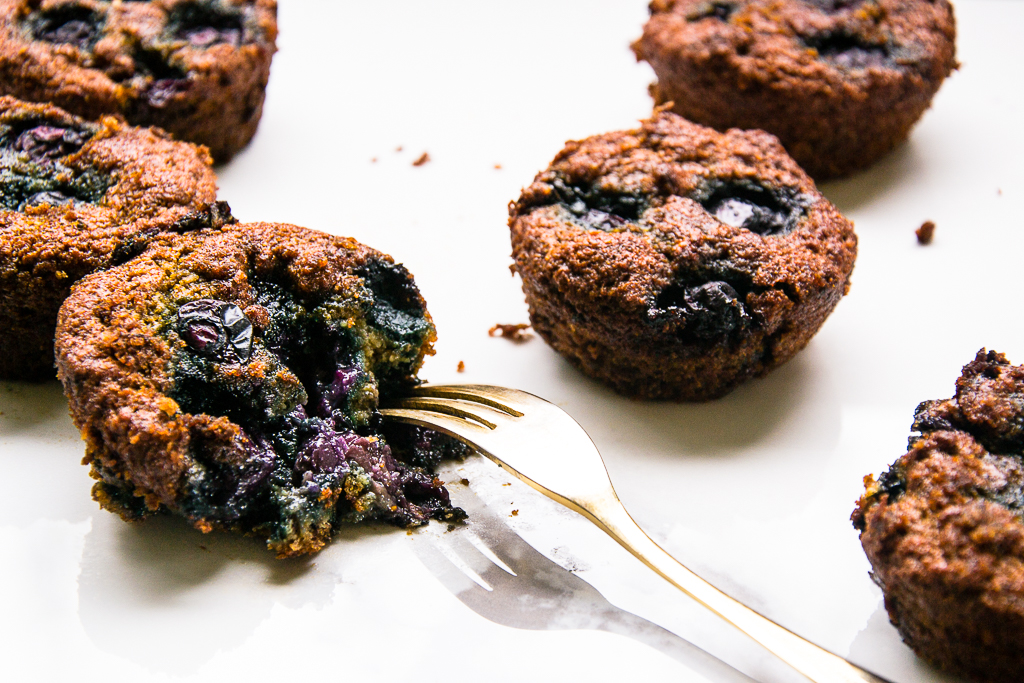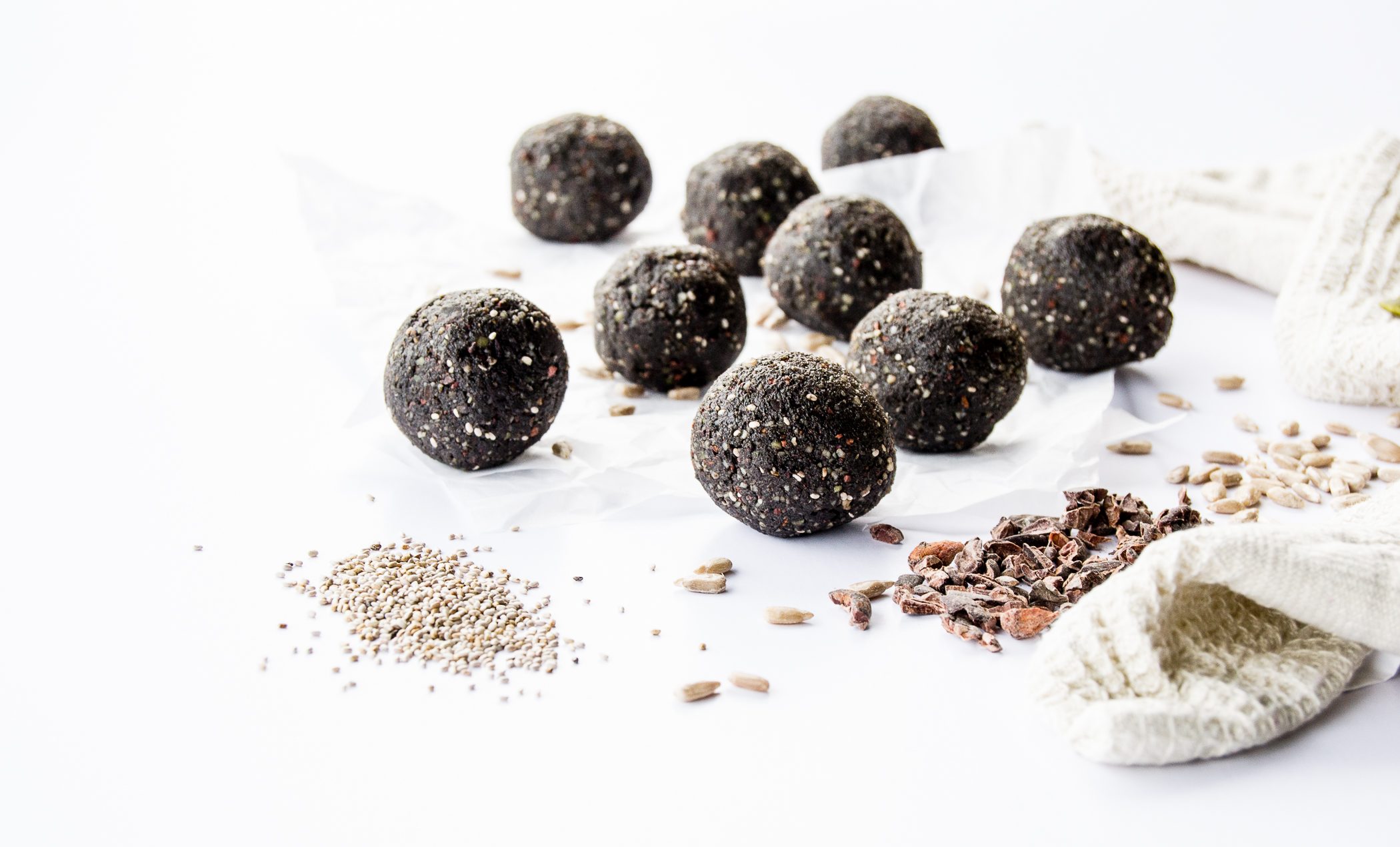
Tofu Miso Soup (Vegan)
While there is much speculation around the whole ‘soy’ topic, and the fact that genetically modified soy beans are penetrating more and more of the global soy markets, there are still loads of health benefits in fermented soy products. Containing less anti-nutrients, fermented soy products, like Miso, have an array of nutritional benefits and can have a positive effect on so many bodily systems.
This Tofu Miso Soup recipe is an example of how fermented soy products can be incredibly delicious, along with reaching high points on the nutrition scale. It is 100% plant based and is seriously such a quick and easy delicious meal that can be thrown together in no time at all.
For this tasty soup I used the incredibly delicious Urban Hippie Miso Paste which just so happens to be made locally here in Nelson. This miso paste is MSG free, GMO free as well as gluten free. I also used the 100% certified organic Tonzu Tofu which is guaranteed to be not genetically modified.
So what is Miso?
Miso is a salty paste made from fermented beans (usually soybeans) that has been a staple ingredient in the Japanese diet for thousands of years. It can also be made using certain grains, such as fermented barley, rice or oats, mixed with salt and a bacteria called koji — which results in a range of miso tastes, colors and uses.
The protein-rich paste is highly popular as it provides an instant flavour foundation. It adds the fifth taste, known as ‘umami’, to all sorts of dishes including soups/broths, salad dressings, vegetables, stews, glazes, and marinades.
Miso is rich in essential minerals and a good source of various B vitamins, vitamins E, K and folic acid. As a fermented food, miso provides the gut with beneficial bacteria that help us to stay healthy, vibrant and happy (and we all know how important good gut health is.)
Nutritional benefits
- Miso is a source of copper, manganese, vitamin K, protein, and zinc.
- The fermentation process means that miso is rich in enzymes. Fermentation enhances the number of beneficial bacteria in the food. These bacteria are known as probiotics and are thought to help a wide range of health issues, especially for digestion, absorption and assimilation of nutrients.
- By consuming fermented foods you are adding beneficial probiotics bacteria and enzymes to your overall intestinal flora, increasing the health of your gut microbiome and digestive system and enhancing the immune system.
- Studies in 1997 and 2013 have shown that fermented foods synthesise vitamins in the gut, primarily vitamin K and vitamin B12, as a by-product of their metabolism.
- Miso is considered to be high in salt (approximately 2.3g per tablespoon) and should be consumed with the guidelines of no more than 6g per day in mind.
- There is much research on the benefits of including soy products in the diet. Although miso is made from soy beans, the quantity consumed is quite small and unlikely to have a profound oestrogenic effect.
- Soy products are widely produced from genetically modified (GM) soybeans. Many favour organic soy products to ensure a lower risk of unwanted pesticides. To make sure miso is made from organically grown, not genetically modified soy beans, make sure to read the label. The label will also indicate if the miso is gluten free.
How to select and store
When buying miso, choose the unpasteurised, live, enzyme-rich product that will need to be stored in the fridge. This type is loaded with beneficial microorganisms. After opening, the texture, colour and flavour may change so keep an eye on it. Some can be kept for quite a long time without any concerns or variations to quality. Source
While there have been many studies linked to the controversial negative health effects of soy, fermented soy seems to get the thumbs up, but I would recommend (as with most foods) that moderation is key. No studies have come back 100% conclusive that I have found, and the one’s that I have found have resulted in inconclusive outcomes.
Another important note that I wanted to add is that it’s recommended to add the miso paste to warm water, and not boiling. Reason being that boiling water can (most likely) kill the beneficial bacteria that we’re trying to get into our systems.
This flavorsome dish is really so quick and easy, and a perfect lunch or dinner option. I generally used what vegetables I felt would taste awesome, but you’re welcome to add or take out any that you please. I used seaweed ‘snack’ sheets, which happened to dissolve into little bits, so I would probably recommend using wakame seaweed for the added nutritional benefits. Not that the seaweed sheets I used made the dish taste bad in anyway, I felt their flavor was kind of ‘lost’ in the soup.

A delicious flavorsome soup loaded with beneficial nutrients to keep you feeling great and energized. Using only Non-GMO 100% certified Organic products, this dish is quick, easy and a perfect lunch or dinner option.
- 3 Tsp Miso Paste - ensure it's 100% Organic and Non GMO
- 1/3 Cup Water
- 150 g Tofu - ensure it's 100% Organic and Non GMO
- 1 Head Shanghai/Baby Bok Choy
- 1 Medium Carrot - julienned
- 1 Large Stalk of Celery - de-veined and diced
- 10-12 Mushrooms of your choice - I used brown
- 5-10 g Seaweed - preferably wakame
- 2 TBS Fresh Ginger - finely diced
- 1/2 Head Broccoli - cleaned and rinsed
- 2-3 Spring Onions - finely sliced on the diagonal
- 2 Cups Water
-
Add the 1/3 cup water to a small mixing bowl. Add the miso paste and whisk until a smooth sauce has formed. Keep this aside to add right at the end.
-
Bring 2 Cups of water to the boil in a sauce pan.
-
Add the ginger, spring onions and seaweed to the pan and cook for about a minute.
-
Add the broccoli and mushrooms and cook for a further 2 minutes.
-
Add the bok choy, carrots and celery and tofu and cook for a further 2-3 minutes, adding more water if you feel it's necessary.
-
Remove from heat and allow to cool for about a minute. Stir in the whisked miso sauce, and serve.
Ensure your soy products are 100% Organic and Non GMO
I hope you enjoyed this recipe, and remember to subscribe to keep updated with new posts. I seem to have had a slight glitch with my subscriber button on the site, but it’s all fixed up now so apologies for anyone who has tried to subscribe in the past unsuccessfully.






















